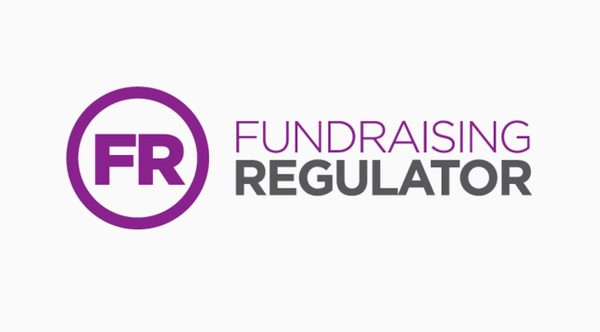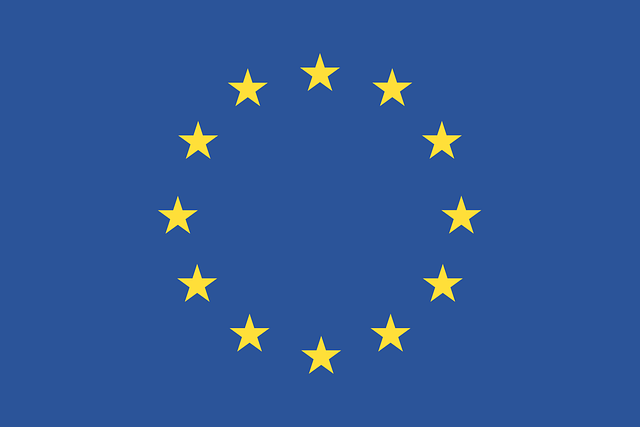
Private funding to grow amongst Finnish NGOs, research reveals
July 25, 2016
New UK Fundraising Regulator now in post
July 25, 2016The UK charity sector has raised concerns about the negative impact of the Brexit vote, which saw 52 per cent of the nation opt to leave the EU in a shock referendum result that appeared to surprise none more than the Brits themselves.
As the dust settles, the UK charity sector is adapting to a new parliament headed by a new Prime Minister and, announced this week, the re-allocation of the Charities Minister from the Cabinet Office to the Department of Culture, Media and Sport.
According to a briefing from the umbrella body NCVO, potential implications for charities and community groups from the Brexit referendum include political uncertainty, slow progress on government policy change, and potential financial challenges.
Concerns raised about the loss of income
Initial reactions were strident, with NCVO’s chief executive, Stuart Etherington stating that “the repercussions for our politics, society and economy will be felt for years, even decades” and the Association of Chief Executives of Voluntary Organisations (ACEVO) called for an urgent summit as to how funds would be sourced to replace the loss of EU funding, estimated to be worth over £200 million.
Paul Palmer, professor of voluntary sector management and associate dean for ethics, sustainability and engagement at Cass Business School, said that charities could face a ‘double whammy’ of reduced government funding and falling income from donors, combined with increased demand for charitable services. He also warned that, if house prices fall, the value of legacy income would also decline.
Palmer said that the international development charities could be most at risk of the adverse financial implications of the EU referendum, especially if further government austerity was to lead to cuts to the international aid budget.
Speaking at the Institute of Fundraising’s annual convention, Tim Hunter, director of fundraising at Oxfam, voiced his concerns about the impact of the fall in value of the sterling against other major international currencies.
“Most of our [Oxfam’s] income is in either pounds or euros and most of our expenditure is in dollars,”he said. As such, the charity will likely need to spend more of its reserves than usual to continue its work.
Rallying calls from sector leaders to work together
Amid the concerns raised, there has also been some optimism, including the potential to create a more beneficial framework for VAT legislation for charities, and rallying among charity leaders for the sector to drive and shape the sector’s future.
CAF chief executive, John Low said:
“While we now have certainty over the referendum result, the repercussions of Britain’s decision to withdraw from the European Union are far from clear.
“Such a change will inevitably cause a period of uncertainty, but is also likely to present opportunities which charities, as always, will be ready to bring people together and tackle some of society’s greatest challenges.”
Among four priorities CAF has set out for government to address in the wake of the referendum result, CAF urged the government to commit to EU rules which make it easier for people to donate to causes in other European countries and to provide funding for charitable work which has been reliant on EU money.
NCVO has also published a blog on five things that charities can do.




